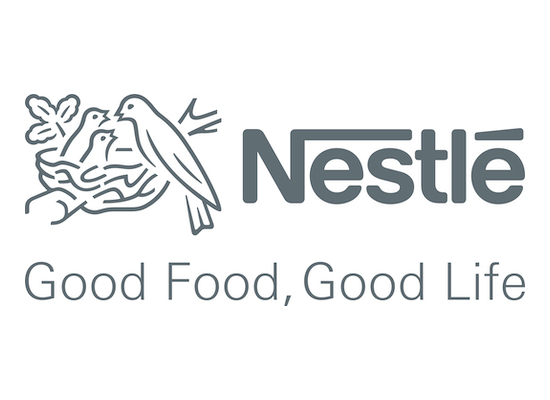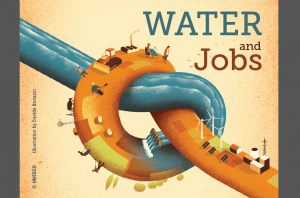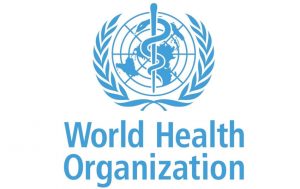Overview
Understand the Issue
Nestlé recognizes that the long-term success of the company is built upon effective water stewardship in the watersheds where its raw materials are sourced from, where its factories are located, and where suppliers and consumers live. It believes that effective water stewardship will require that provisions are made firstly for water to meet the human right to water, then to ensure that ecosystems are able to function, and finally to ensure that water is used efficiently for agricultural and industrial use.
Make a Commitment
In 2010, Nestlé formally reconfirmed its public support for the human right to water and sanitation, as adopted by the United Nations General Assembly and the United Nations Human Rights Council.
Work to achieve water efficiency across its operations, by:
- Ensuring that its operations do not compromise the right to water of local communities;
- Excelling in the efficient use of water in all its facilities;
- Conducting water resource reviews across existing and new factory sites;
- Concentrating interventions in priority watersheds;
- Stimulating innovation in water use efficiency by investing in “Lighthouse Projects”;
- Implementing programmes to reduce water withdrawal, reuse water and use alternative water sources such as rainwater harvesting.
Advocate for effective water policies and stewardship, by:
- Engaging in and supporting public policy dialogues at the global level, such as the 2030 Water Resources Group, the Alliance for Water Stewardship, and the CEO Water Mandate;
- Engaging in collaborative policy and water conservation activities at a national/subnational/watershed levels;
- Improving corporate reporting on water stewardship.
Treat the water discharged effectively, by:
- Setting strict targets for water discharge quality, for water returning to the environment;
- Operating treatment plants, where municipal infrastructure is inadequate or insufficient to meet Nestlé’s environmental standards;
- Ensuring that its operations do not compromise the right to water & sanitation of local communities.
Engage with suppliers, especially those in agriculture by:
- Incorporating water management requirements into the agricultural commodity Responsible Sourcing Programme and the Tier 1 Supplier Audit Programme;
- Prioritizing interventions per commodities (e.g. sugar), especially in water scarce locations and important water areas;
- Providing training and support to farmers on water quality, reducing water usage as well as retaining soil moisture;
- Undertaking R&D activities on plant varieties and processing to reduce water usage.
Raise awareness of water access and conservation, by:
- Supporting their employees to understand and make better informed decisions that will lead to effective water stewardship;
- Supporting the human right to water and sanitation by ensuring that all Nestlé facilities provide access to clean water and sanitation to their employees, and assist the provision of clean water and improved sanitation to priority communities adjacent to selected factories and locations where Nestlé is sourcing agricultural commodities;
- Supporting education programmes (such as Project WET) at schools and in local communities;
- Promoting products and behaviours that can help consumers to lower their use of water; and provide them with information to help them minimize water use when preparing Nestlé products;
- Sharing good practices for sustainable water use with other companies and other stakeholders.
- Reporting publicly on a regular basis on the progress of meeting this Commitment.
Lead Organization
Nestlé
Links to learn more
http://www.nestle.com/csv/planet/policy-stewardship
http://www.nestle.com/csv/communities/respecting-human-rights
http://storage.nestle.com/nestle-society-full-2016/files/assets/common/downloads/publication.pdf
http://storage.nestle.com/nestle-society-full-2016/index.html






